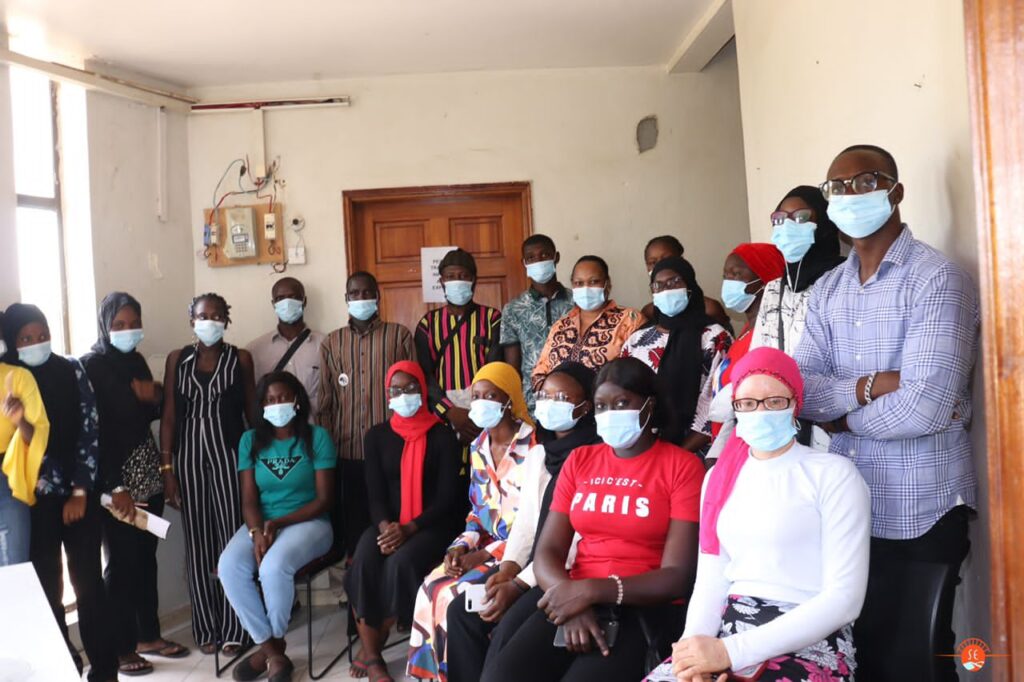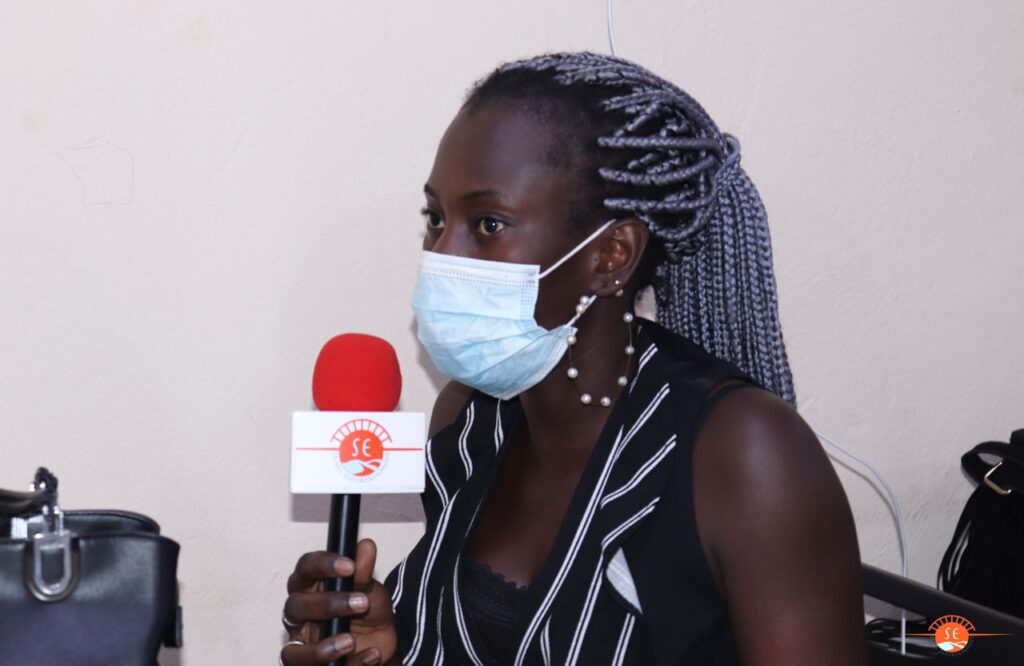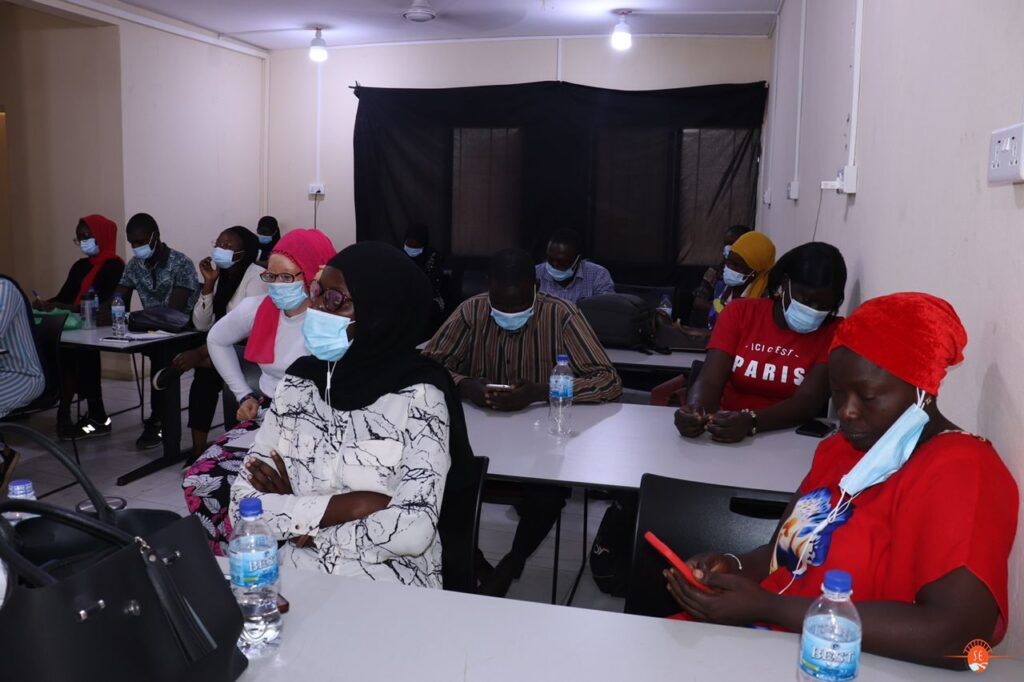
Voter apathy should be a theme of the past, and marginalised groups shouldn’t be left behind in the exercise of political rights, including to vote and be voted for.
This call was made during a media training organised by Sahel Films Academy on Saturday (23 October) in Banjul.
Sahel Films Academy Multi-Media Campaign on Voter and Civic Education renewed calls for the media to help in ensuring the full participation of marginalised groups in politics particularly the upcoming December 4 presidential election.
Oumie Batchilly project coordinator in her welcoming remarks explained that Sahel Films and Academy (SFA) is a civil society organisation established in 2018 in The Gambia.
She added that they are advocating for the rights and advancement of marginalised groups, using the media (film, photography, music and writing) for campaigns, information dissemination and public sensitisation, empowering Gambians to develop skills in media advocacy and presentations.
She said they are accredited by NAQAA to both train and conduct assessment in Filming and Photography.

Ms Batchilly explained that the objective of the training seminar is to increase the number of registered voters, increase voter turnout, promote peaceful election.
She spoke on the important role the media plays in promoting civic issues, and to help ensuring the media produces quality articles and investigative reports around issues affecting marginalised groups
Ms Batchilly also commented on the legal frameworks on participation of marginalised groups, public access to information on inclusion of marginalised groups, and how traditionally marginalised groups are being represented in the electoral process.
She guided participants through the review of legal frameworks surrounding inclusive participation of marginalised groups (such as women/youth/the disabled) within political parties.
She challenged journalists to come up with investigative stories on challenges marginalised groups face with political representation; find out whether their rights are being catered for before, during and after the elections, especially when voting; and how women are represented in political parties.

She assured journalists that SFA will pay for good detail database articles on rights of persons with disabilities
“Only one political party stands out as its constitution makes provision for the selection of candidates and for the equal participation of women in the affairs of the party,” she said adding: “No provisions in the 1997 Constitution and Elections Act 1996 for women, youth and PWDs.”
Her presentation also touched on Gender and Women Empowerment Policy 2010-2020, the Women’s Act 2020, Youth Participation in challenges, among others
Madi S. Njie, freelance journalist and General Manager of M.S.N Trading Enterprises also presented on the study by the Office of the United Nations High Commissioner for Human Rights on participation in political and public life by persons with disabilities (A/HRC/19/36) which has been prepared by Inclusion Europe, an organisation of people with intellectual disabilities and their families in Europe.
Mr Njie explained that the United Nations is a group of countries that work to make the world a better place. Adding: “Almost all the countries in the world are part of the United Nations”; and that “the Office of the High Commissioner for Human Rights (OHCHR) is part of the United Nations.
He said the OHCHR deals with rights at the United Nations; pointing out that it wants all people to enjoy all their rights, making references to political rights which guarantees all people who have the nationality of a country are called citizens, and have the right to have a say in how their country is run.
Participants welcome the training and expressed the need for strategies to sustain the advocacy and awareness raising in the print, electronic, online media and at all levels of society.
Issues surrounding voter apathy, youth, women PWDs partiipartion in politics were discussed during the highly participatory training.
By Madi S Njie










Recent Comments